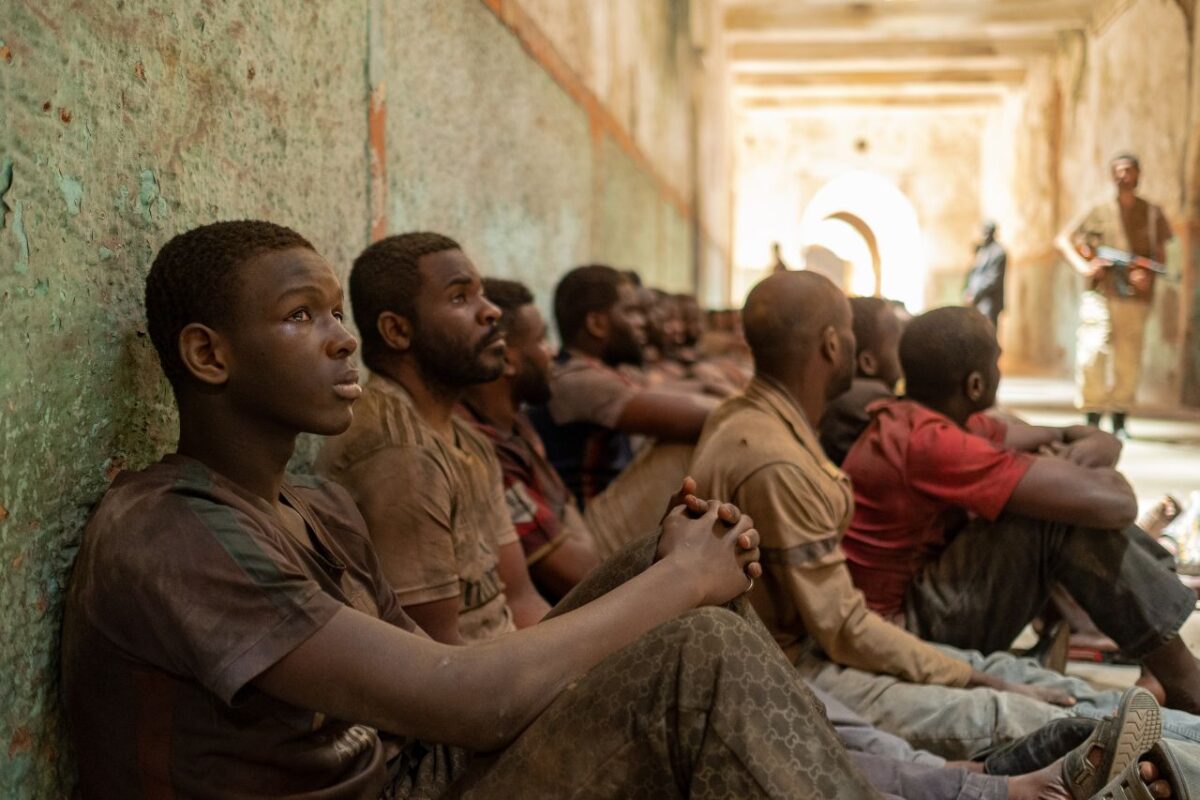After crime dramas such as Gomorrah (2008) and Dogman (2018), and his recent reworking of the fairy tale Pinocchio (2019), the Italian director Matteo Garrone focuses on the theme of migration in his latest feature Io Capitano. Dreaming of conquering Europe with their musical talent, 16-year-old Seydou (Seydou Sarr) and his cousin Moussa (Moustapha Fall) leave their families in Dakar for Italy. Their journey through the desert and across the Mediterranean Sea reveals the severe vulnerability of migrants; the two boys have to endure the violence of human traffickers and Libyan rebels and are forced to perform dangerous illegal work.
Although they seem doomed to lose their lives several times during the film, Seydou and Moussa always manage to get out of the most despairing situations. Their journey is finally redeemed by an optimistic ending as Seydou manages to sail a boat carrying hundreds of migrants to Sicily, thereby acquiring the status of the archetypal hero — empathetic, brave, and smart, he appears as a real Odysseus. Io Capitano’s general structure indeed recalls Homer’s canonic epic poem, mirroring the journey of the Senegalese refugees to the eventful homecoming of literature’s most famous tramp. However, Garrone does not elaborate on this parallel, but merely follows the broad outlines of the old myth, which has already been used numerous times in the past. As a result, the script is predictable and contains improbable twists. Not only does the superficial progression of Io Capitano seem familiar, but the film as a whole is full of narrative clichés; the characters are one-sided, and can easily be divided into unambiguous categories
In an interview with CNN, Garonne stated that he wanted to shed a new perspective on the phenomenon of migration issues by showing the story behind the people who arrive in boats on the Italian coast. However, the way in which the director contracts these events in a conventional formulaic story feels odd and raises questions. What can the platitudes in Io Capitano add to the current discourse on migration? Garonne’s streamlined fictional narrative — a genre created to let people escape reality — seems to simplify the real situations refugees find themselves in and the choices they have to make.
